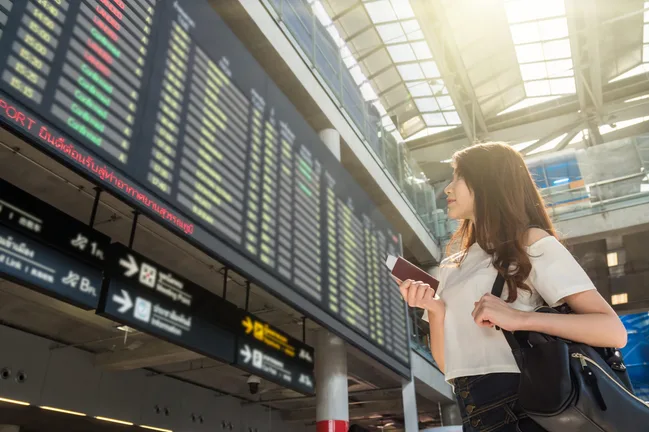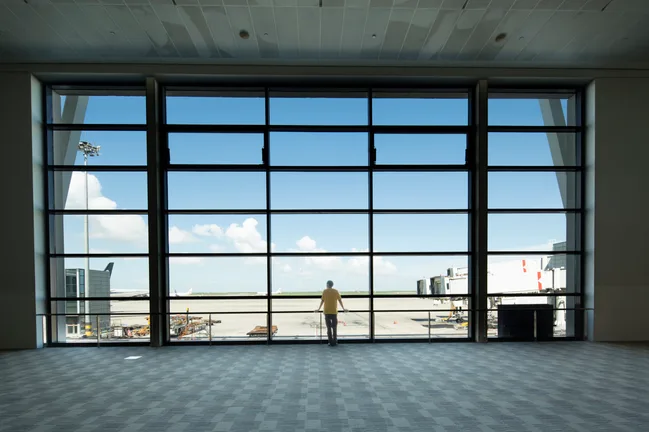One of the worst parts about travelling is jet lag, and it’s almost unavoidable.
Jet lag happens when your body becomes fatigued from travelling across different time zones. Your internal clock and circadian rhythm (which controls your sleep) is disrupted, and the effects can negatively impact your trip.
So how long does jet lag last? As a general rule, allow one day for every hour of travel for your body to acclimatise to your new destination.
Sky Scanner shared some helpful tips to beat jet lag, every time.

Sleeping pills are a bad idea “It may seem like a good idea to pop some sleeping tablets on your flight, but it’s best to only do so on advice from your doctor,” explain Sky Scanner. “Some sleeping tablets can make you feel groggy long after you’ve landed, which will make it even harder to get over jetlag.”

Switch to your new time zone before you go If you’re really serious about beating jet lag on your fist day, switch to your new time zone a few days before you’re due to depart. You can gradually start adjusting your clock forward or back a few hours, and change your meal times as a way of gently introducing a change to your body clock.

Fast before and during your flight This idea came from Harvard, whose researchers theorised you could fast to beat jet lag. Put simply, this means fasting a minimum of 12 hours before the time you’d eat breakfast at your new destination. This technique does require a little bit of maths though. The researchers reasoned that because food is essential, depriving your body of it can help influence your circadian rhythms just as much as light and darkness. You should continue to drink water throughout the flight, as dehydration is not helpful here.

Get outside as soon as you land Unless you land at night, getting outside into the sunshine will help readjust your body’s melatonin levels (the hormone that makes you feel sleepy). Melatonin production peaks when it’s dark so by getting out into the light, you’ll trick your body into staying awake.

Consider a stop over
“Take advantage of the layover and book yourself into a hotel for the night. Breaking up the trip with a stopover will help your body to adjust and is also a great chance to freshen up and sleep horizontally for a little while.”

Arrive in the morning “If you can manage it, book a flight that will arrive in the morning. Arriving in daylight will help you stay awake and avoid the temptation of falling into your bed straight away upon arrival.”

Book the right flight “There is a reason you feel the jet lag more on some flights,” SkyScanner explains. “The flight path you take can significantly impact your circadian rhythms. It’s best to try and book a flight that flies from east to west. Travelling east will go against your body’s usual routine, meaning you’re more likely to feel jet lag.”






.png?resize=380%2C285)



